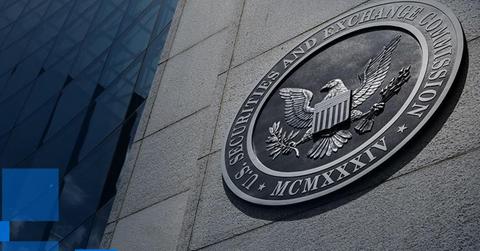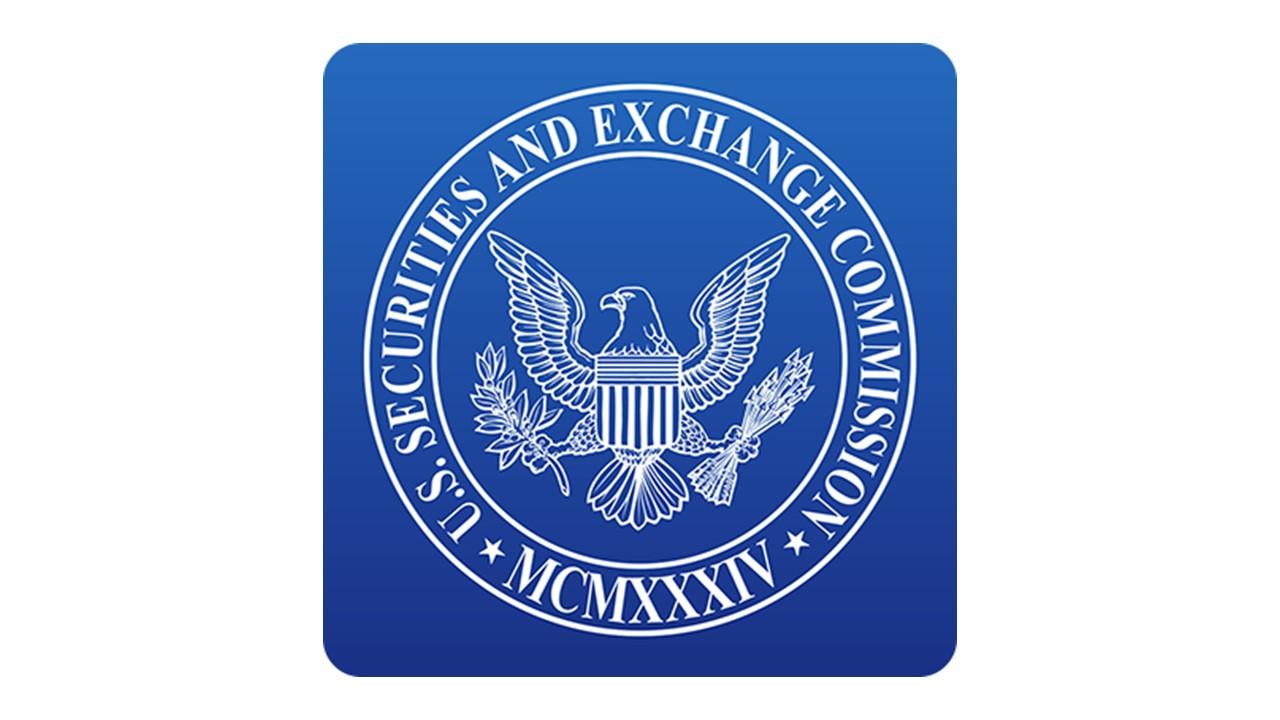Is Payment for Order Flow Legal and Will the U.S. Ban It?
After the SEC chair’s interview with Barron's in late August, market participants want to know if payment for order flow is legal and if the U.S. will ban it.
Sept. 16 2021, Published 11:33 a.m. ET

In an interview with Barron’s on Aug. 30, SEC Chair Gary Gensler said that banning PFOF (payment for order flow) was “on the table.” While the practice has been controversial, the initial industry and market reaction around the possibility of banning it has largely been negative. After this surprise move by the SEC, many people want to know if payment for order flow is legal and if the U.S. will ban it.
A recent development that brought the focus back on PFOF was the epic short squeeze in GameStop stock in January. In light of this, Robinhood was forced to limit trading on certain securities. The broker received a lot of backlash. As a result of this move, CEO Vlad Tenev was forced to testify to the House Financial Services Committee in February. A lot of fingers were also pointed at the PFOF model and its advocates.
What is payment for order flow?
Payment for order flow is the compensation that brokerage firms receive by routing orders to different avenues for trade execution. The firm usually receives a small payment, which could be fractions of a penny per share, for directing orders to different market makers. This practice is much more prevalent in options trades since there are thousands of possible contracts in existence. PFOF has been in existence since at least the 1990s.

Is payment for order flow legal?
The practice has been shrouded in controversies, but it's legal. PFOF has been criticized time and again due to its apparent conflict of interest possibility. The major issue with PFOF for a retail investor is that the broker might be routing their orders to the market maker, which is in the best interest of the broker itself rather than the one that's offering the best execution. This issue arises as some wholesale market makers might be offering more compensation for order flow than others.
Regulations for brokers around PFOF
According to the current SEC regulation, brokers should disclose their policies around this practice and publish their financial relationships with market makers. The brokerage firm is also required to inform clients if it receives payment for sending their orders to specific parties. It must do this once a client opens a new account and on an annual basis.
Each quarter, the firm must also make a report publicly available on the firm’s order routing practices. Customers can ask for payment data from their brokers for specific transactions.
Advantages of PFOF
Due to PFOF, many brokerage firms nowadays are able to offer zero commission trading to customers. PFOF is a major source of revenue for brokerage firms. Small brokerage firms, which can’t handle thousands of orders, route orders through market makers where many orders are bundled together and executed.
Therefore, a ban on PFOF could be very detrimental to the brokerage industry as a whole. It would ultimately lead to an increase in costs for retail investors. The online zero commission and no minimum balance brokerage model has opened up investing for a whole new generation of investors. A ban of PFOF and thus a major revenue earner for brokerage firms could be detrimental to the overall trading environment.

Will the U.S. ban PFOF?
While many market participants have indicated that the U.S. could ban PFOF, the SEC will have a lot to account for and consider the alternatives, which might be equally bad or worse. For example, if the SEC bans PFOF, firms could work out trade-service agreements with market makers or internalize the flow themselves to achieve the same thing.
Recently, Robinhood’s chief legal officer mentioned that the SEC will investigate but won’t ban PFOF since it's an “amazingly good thing for retail investors.” The UK banned PFOF in 2012 and the study conducted there showed that without PFOF, the markets were more liquid and pricing improved for retail investors. Currently, wholesalers account for 8 percent of U.S. trading volumes. The volumes are dominated by the seven biggest firms with Citadel accounting for 47 percent of the market share.
While banning PFOF is certainly on the table for the SEC, it might be better for everyone involved to find a middle path. If the laws around this practice are strictly enforced, there might not be a need to ban PFOF altogether. Brokers are under legal obligation to obtain the best possible trade execution. If the regulators find brokers deficient in this regard or other disclosures, a swift and strict punishment could pave the way going forward.
